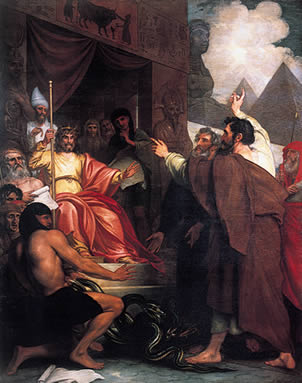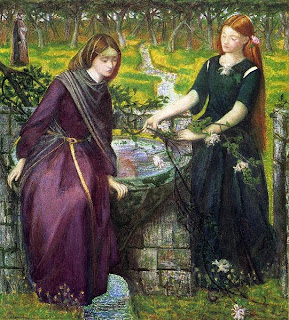Numbers 14:40-44
New Living Translation (NLT)
 40 Then they got up early the next morning and went to the top of the range of hills. “Let’s go,” they said. “We realize that we have sinned, but now we are ready to enter the land the Lordhas promised us.”
40 Then they got up early the next morning and went to the top of the range of hills. “Let’s go,” they said. “We realize that we have sinned, but now we are ready to enter the land the Lordhas promised us.”41 But Moses said, “Why are you now disobeying the Lord’s orders to return to the wilderness? It won’t work. 42 Do not go up into the land now. You will only be crushed by your enemies because the Lord is not with you.43 When you face the Amalekites and Canaanites in battle, you will be slaughtered. The Lord will abandon you because you have abandoned the Lord.”
44 But the people defiantly pushed ahead toward the hill country, even though neither Moses nor the Ark of the Lord’s Covenant left the camp.
I should back up just enough to paint the picture of what's taking place here. Moses had sent 12 men, one from each tribe, to spy out the Promised Land. It was everything they could hope for, of course, and they brought back some of the most amazing fruit to show off! But they were great big weenies when it came to wanting to go fight for the land God had given them. Despite the strength and numbers of their armies, and even worse, in spite of all that God had done for them, the spies chickened out. At least, most of them did.
They gave bad report of the land, convincing everyone that there is no way they could go to battle and win against the inhabitants. The cities were fortified, the warriors too strong, and of all things, the giants were in the land. I guess they thought the giants were bigger than God.
Caleb and Joshua were the only two who didn't want to turn tail and run. They tried to undo the damage that the reports from the other spies had done, and almost got stoned by the people for it. God appreciated their effort though. He was so angry that He decided all of that generation would wander in the desert til they died. That "generation" included everyone over the age of 20, with two exceptions. Caleb and Joshua.
When Moses told the people that they were doomed to wander and die like desert rats, they changed their minds. Just like we do today, really... When we realize how undesirable the consequences of our actions are going to be, we get apologetic real quick! It was too little, too late, in their case. Moses told them not to be any more foolish than they had been... The Lord had moved on. If the Israelites wanted to stay and fight, they'd be doing it all on their own. And without God, they'd fail. And that's exactly what happened. Those who went to battle anyway were slaughtered.
Oh, man, aren't we still like that all these thousands of years later? We want what God promises, then get scared because it looks so hard! Sometimes God says to us, "Fine, have it your way, then" and He takes away the blessing He had wanted to give.
And then we get a case of the guilts, we run back and say "ok, ok, let's go do this! You promised it, I can achieve it!" But God's already removed His hand from the situation, and we're running head-long into a hornet's nest without His protection.
It doesn't work out so well, does it? If only we'd trusted God in the first place, our life would have been so much easier!








